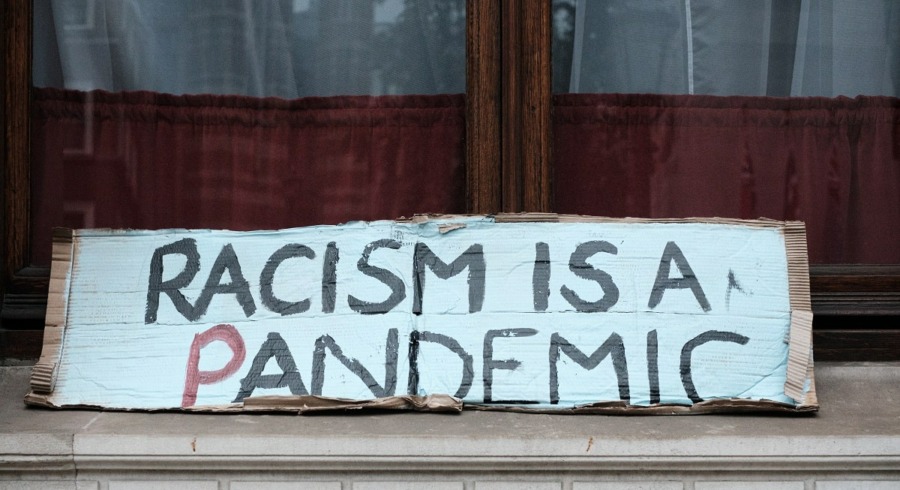Racism, an insidious societal ill, has endured through centuries of human history, profoundly impacting communities worldwide. In the quest for a more equitable future, the willingness to eradicate racism varies significantly among different segments of society. While half of civilization stands resolute in its pursuit of eliminating racism, a quarter remains tolerant and indifferent, and another quarter opposes its eradication, citing the deep-rooted nature of generational teachings.
Racism has been a pervasive problem throughout history, perpetuated by oppressive practices, slavery, bigotry, and hatred. The desire to eliminate racism is embraced by approximately half of the population, while another quarter shows tolerance and indifference. However, the remaining quarter opposes its eradication, believing that history and generations deeply ingrained these traits, rendering complete elimination seemingly impossible.
In an effort to eradicate racism and other social ills, some individuals have a more optimistic perspective, believing that with concerted effort, racism can be eradicated. They advocate for education, promote empathy, and build inclusive communities to break the cycle of generational teachings.
As the pessimistic reality of generational teachings and ingrained behaviour becomes apparent, it is important to recognize that beliefs and behaviour are taught and moulded within specific contexts and often passed down through generations. As a result, racism becomes a self-reinforcing cycle that seems unreprogrammable.
While we strive to find a quick solution to this deeply ingrained problem, a magic solution to eradicate racism remains elusive. Instead, a multifaceted approach involving education, legislation, social programs, and public discourse is required.
Confronting the Unpleasant Society must acknowledge that not everyone is inherently good, and racism still exists among certain segments. Recognizing this reality is essential for progress and change.
Racism is often characterized as an unwinnable war, which prompts society to rethink its approach. Rather than declaring the fight against racism unwinnable, we must reassess our approach. The focus should shift from total eradication to continuous improvement and reduction of racist behaviours and attitudes. We must actively challenge racism and bigotry to create a more tolerant society. This involves fostering dialogue, empathy, and understanding across diverse communities.
It is true that reprogramming minds and generations may not be possible; however, it is possible to challenge ingrained beliefs and encourage change through education and critical discourse. Emphasizing empathy and inclusivity in educational curricula can help reshape future generations’ perspectives. Nonetheless, society can make significant strides by promoting education, empathy, and inclusivity. By acknowledging the issue’s complexities and adopting a multifaceted approach, we can build a more just and tolerant society, working towards a better future for all.









